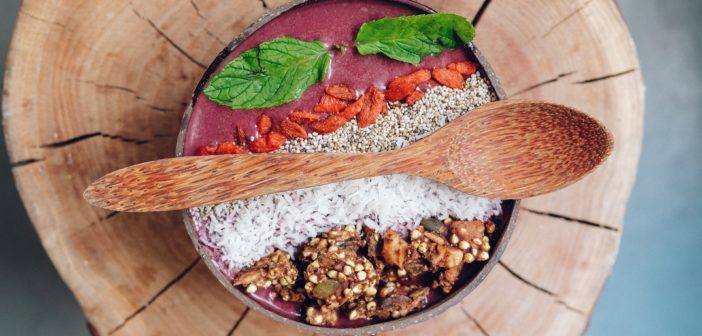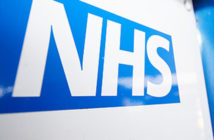For fighting against infectious diseases, your best bet is to support your immune system as much as possible. Therefore, proper nutrition and hydration is quite important without which you will be leaving your body vulnerable against attacks from viruses.
The spread of the pandemic made us question a lot of things that we had previously taken as norm. When nobody considered working from home, it became quite familiar to us. Furthermore, use of contactless payments at gas stations, grocery stores, retail stores, etc. spread like wildfire. Another thing that came into our notice was the impact of healthy lifestyle and right nutrition in fighting against viral diseases.
So there is no arguing that you have to step up your “healthy food game” amidst the spread of the disease. However, it is difficult to ascertain exactly what type of diet you will benefit from.
It’s All About Eating Fresh and Hydrating
Experts suggest that, in any case, you should avoid processed foods as well as sugar, items with high fat quantities, and salt to lower the risk of not just falling prey to infectious diseases but also other problems such as obesity, strokes, different types of cancers, and diabetes.
Another thing that you have to keep in mind is to consume a lot of superfoods and fruits, vegetables, nuts, whole grains, oats, maize, brown rice, and roots like potato and cassava. In addition to this, raw vegetables and fresh fruits will be more beneficial. Below is a quick summary of an amount approximated that you should consider having.
- 2 cups of fruits daily.
- 5 cups of vegetables daily.
- 180 g of grain per week.
- 160 g of meat per week.
- Red meat 1 to 2 times a week.
- Poultry 2 to 3 times a week.
Nutritionists also suggest that you should not overcook vegetables. That would eliminate most important vitamins that are essential to boost the activity of your immune system.
Next step, DO NOT underestimate the power of hydrating. Water is essential as it helps to transport nutrients in the body to the parts that need it most. It also helps fight against toxic items in the bloodstream and get rid of unneeded waste.
Typically, 8 to 10 glasses of water should be enough. Most people prefer hydrating in the form of juices or shakes but, the truth is, consuming plain water is healthiest. Some alternatives like lemon juice that contain a lot of water are good choices.
However, other things like tea or caffeine can actually dehydrate the body further and thus, you should avoid consuming a lot of these. Similarly, fizzy drinks contain a lot of sugar which is, again, not healthy.
Needless to say, it is also advised to avoid eating out these days. Not only would you be consuming unhealthy food like fast food items, you will be exposing yourself to unsafe setup of different restaurants. The less that you come in contact with other people, the better!




